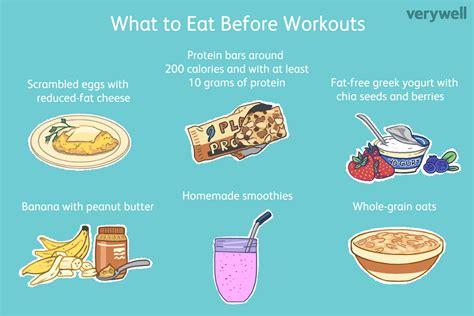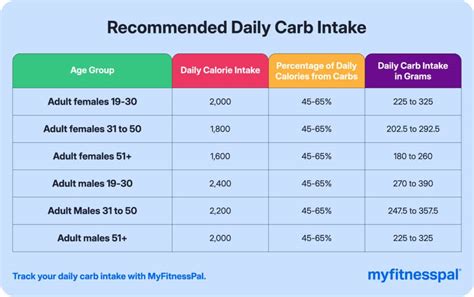Best carb timing for sustained energy & focus?

Optimizing Carb Timing for Peak Performance
Carbohydrates are the body’s primary fuel source, crucial not only for physical energy but also for sharp mental focus. However, it’s not just about how many carbs you eat, but when you eat them. Strategic carb timing can significantly impact your energy levels, cognitive function, and overall well-being throughout the day.
Carbs: Fuel for Body and Brain
When consumed, carbohydrates are broken down into glucose, which circulates in the bloodstream and is taken up by cells for energy. The brain, in particular, relies heavily on a consistent supply of glucose to function optimally. Fluctuations in blood sugar can lead to energy crashes, brain fog, and reduced concentration. Understanding how to time your carb intake can help maintain a steady supply, preventing these dips.

Morning Carbs: Setting the Stage
Starting your day with the right carbohydrates is essential after an overnight fast. Complex carbohydrates like whole-grain oats, whole-wheat toast, or fruit provide a slow, steady release of glucose, ensuring sustained energy and focus for your morning tasks without a rapid sugar spike and subsequent crash. Pairing them with protein and healthy fats further stabilizes blood sugar.
Pre-Workout: Fueling Performance
If you’re exercising, pre-workout carb timing is critical. Consuming easily digestible carbohydrates 1-3 hours before a workout can top off your glycogen stores, providing the necessary energy for intense or prolonged activity. Options include a banana, a piece of fruit, or a small serving of oatmeal. For endurance athletes, even intra-workout carbs might be beneficial to prevent bonking.

Post-Workout: Replenishing Glycogen
After a strenuous workout, your muscle glycogen stores are depleted. Consuming carbohydrates within 30-60 minutes post-exercise helps to replenish these stores efficiently, aiding in muscle recovery and preparing your body for the next challenge. Combining fast-acting carbohydrates with protein is ideal for optimizing this recovery window.
Midday and Evening: Sustaining Focus and Rest
During the midday, focus on complex carbohydrates to maintain energy levels and prevent the common afternoon slump. Whole grains, legumes, and starchy vegetables are excellent choices. For the evening, some individuals find that a moderate portion of complex carbohydrates can promote relaxation and aid in sleep, particularly if dinner is earlier and hunger might disrupt rest. However, excessively large portions close to bedtime can sometimes interfere with sleep.

The Type of Carb Matters
Beyond timing, the glycemic index (GI) of your carbohydrates plays a significant role. Low-GI carbs (complex carbohydrates like vegetables, whole grains, and legumes) provide a gradual, sustained energy release, ideal for most of your daily intake. High-GI carbs (simple sugars, refined grains) offer quick energy, which can be beneficial around intense workouts but should generally be limited to avoid energy crashes.
Individual Variability and Listening to Your Body
There’s no one-size-fits-all approach to carb timing. Factors like your activity level, metabolism, personal preferences, and health goals all influence what works best for you. Experimentation is key. Pay attention to how different carb timings affect your energy, mood, and focus. Keeping a food journal can help you identify patterns and optimize your intake.

Conclusion
Strategic carbohydrate timing is a powerful tool for managing your energy and focus throughout the day. By prioritizing complex carbs at regular intervals, aligning intake with physical activity, and listening to your body’s unique needs, you can unlock sustained energy, enhance mental clarity, and improve overall performance in your daily life. It’s about creating a rhythm of nourishment that supports your body and brain consistently.









